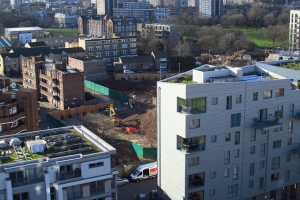Support migrant centric journalism today and donate

The Home Office has recently released guidance notes concerning the new requirement for naturalisation applicants to provide evidence of sufficient knowledge of the English language when making an application for citizenship.
The guidance notes cover the ways people can show that their English skills reaches the ESOL (English for Speakers of Other Languages) Entry 3 level.
Depending on whether or not an individual holds a qualification from an educational institution where English was the language of instruction, or if a person is still learning English, different documentation should be provided to confirm a sufficiently adequate level of English language skills.
If a person holds an educational qualification like a GCSE or A-level certificate, degree or diploma from a University from an English-speaking country, then a copy of this will be accepted as evidence of their English language skills. Degrees or diplomas from non-English speaking countries will also be accepted where it can be shown that the course was instructed in English.
If a person is still in the process of learning English as a second language, then they should produce an ESOL certificate at Entry level 3 or higher, or another English language certificate equivalent to or higher than ESOL level 3. If a person does not think he/she can achieve this level of English yet, then they should undergo an Initial Assessment in ESOL, which can be made by a qualified teacher. If the person achieves entry level 3 in ESOL, then a copy of the Initial Assessment should be presented with the naturalisation application. If this level is not achieved, then the person should improve their English before lodging the naturalisation application.
For assistance with a British citizenship application, please contact our UK naturalisation department on (0)207 842 0800.





















